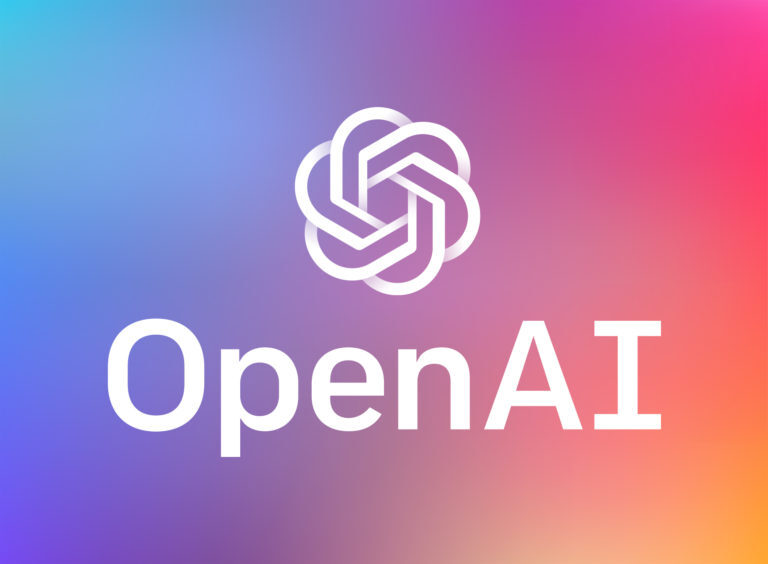Quality will soon become the most important factor.
- As the smartphone market starts to settle down, quality of experience will become increasingly important.
- This is because in order to grow different ecosystems will have to start taking subscribers from each other rather than relying on new users.
- When it comes to quality, iOS comfortably wins out and even Windows Phone scores better than Android.
- A great example of this is software consistency.
- Only 3 days after launching its latest software iOS8, 46% of all iOS devices had made the upgrade to iOS8.
- By contrast, 4 months after being released 24.5% of Google Android devices had been upgraded.
- If one also includes the non-Google versions, I suspect the number would be meaningfully lower.
- Part of the reason for this is that the operators have control over managing Android software updates in contrast to iOS where Apple controls it all through iTunes.
- This is important because having large numbers of devices with different versions of the code makes life very difficult for developers.
- It means that their apps are more difficult to write and will behave differently when run on different versions of the code.
- Furthermore, there are also significant variations in the code between the different handset makers making life even more painful.
- This is the fundamental problem with open source. Most phone makers have their own ideas about how they want their phones to work and will tinker with the code to achieve that end.
- In the desktop world open source works much better because when the code fragments, only the best code line survives.
- History has shown that in mobile this does not happen and a chaotic jumble of different versions and implementations always results.
- This is why developers will always develop for iOS first and why I believe that they see a higher return from iOS when compared to Android.
- This is a big problem for Google as its ecosystem is built on top of Android and the inconsistency damages its user experience.
- Open source has done a great job of getting Android to be the default OS for almost any device not made by Apple but the time is coming where its poor quality will be an issue.
- This is why I believe that Google is taking more and more control of the Android.
- The GMS (Google Mobile Services) software that it puts on top of Android contains all of its services and this is the main control point for Google.
- The fact that it also writes almost all of the open source piece, gives it the ability to manipulate the code in any way it sees fit.
- It is doing this in two ways.
- First: Google is slowly removing functions from the open source Android piece and moving them into GMS.
- In effect, Google is slowly changing an open source OS into a proprietary OS that uses an open source kernel.
- This will give Google much greater control over fragmentation and also make it much harder for anyone else to make Android devices without Google’s help.
- Second: The requirements that Google is placing on handset makers and operators who implement its software are getting more and more restrictive.
- Google is increasing the number of applications that the handset makers are obliged to implement on their devices and getting more restrictive in terms of how they are placed on the device and forcing them to make them default.
- This strengthens my view that Google aims to take complete control of it’s ecosystem and aims to migrate Android from open source to a proprietary OS.
- If Google can successfully effect this transition then it will have a much better chance at taking the fight to iOS on quality as well as price.
- This will take time and at the moment there is an opportunity for Windows Phone to take share from Android if it can get its message right.








Autonomous Autos – Hard Ec ...
31 March 2025